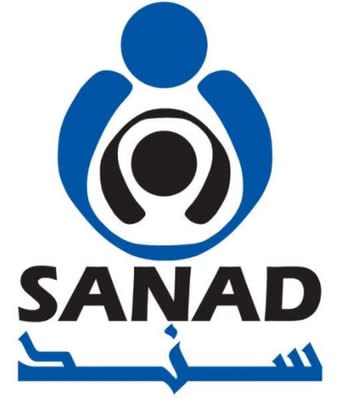Prologue

Culture is the one component of the human makeup that drives people to achieve great things for and in the name of humanity. Culture is pride, culture is a tool for communicating with others as equal counterparts. Instilling and preserving the culture of their homeland, groups of immigrants make this a lifelong task carried out despite the odds.
The mass migration of Sudanese nationals to the US is a relatively recent phenomenon. Unlike their predecessors who were mainly higher education delegates with an explicit temporary stay in the US, recent arrivals are made up of individuals from all walks of life and all educational backgrounds and are all here to stay.
However, the reality of permanent stay eludes many, and very few precautions are taken to ensure harmonious coexistence in their new society. More important than societal harmony is cohesion and harmony within their own individual families, as first and subsequent generations naturally tend to differ from their immigrants' parents in matters of individuality, freedom of thought, and other societal and intellectual matters.
The Sudanese ex-pats in Southern California are no exception. Dating back to the 1960s and ’80s, the arrival of Sudanese to Southern California was sporadic and in smaller numbers. From the 1990s thru the 2000s and beyond, relatively larger numbers started arriving, and they did so more frequently. Naturally, they started forming clusters of micro-communities based mainly on the presence of other Sudanese, job opportunities, clans, and other hometown-based preferences.
Many attempts were made to create an entity that functions as a unifying body that brings together these scattered clusters of communities to bridge the socio-cultural gaps that exist not between these groups and their newly adopted socio-political environment at large but also within their individual families. The SANAD Foundation is one of these many commendable endeavors.
GET IN TOUCH
Send Us A Message
Would you like to know more about our organization? Ask us anything
